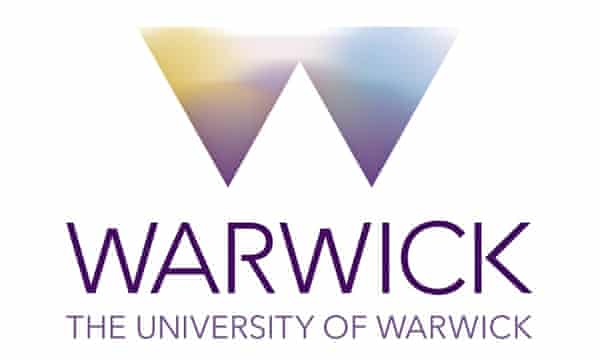University of Warwick: European universities reimagine education in the digital, post-pandemic age
Interventions to transform European higher education in the post-pandemic age are proposed by the Guild of Research-Intensive Universities, in new paper led by Prof Jo Angouri of University of Warwick
Using examples of best practice among Guild members, the paper focuses on six key themes – including research-based lifelong learning, and cutting red tape to foster transnational education
The recommendations will be presented at events throughout 2021, hosted by Guild members
Higher education across Europe needs to cut red tape, revolutionise lifelong learning, standardise digital platforms, and immerse students in research as well as employability skills from day one, according to new recommendations proposed by Guild of European Research-Intensive Universities.
These and other radical interventions are laid out in a landmark paper, which seeks to overhaul and reform the sector for the post-pandemic, digital twenty-first century, led by Professor Jo Angouri of the University of Warwick, which is a founding member of the Guild.
Based on examples of best practice among Guild members — from Glasgow to Ghent — it discusses issues including how to foster transnational student mobility within different national regulations; how to navigate blended physical and online teaching models beyond the pandemic; and how to encourage a greater focus on more inclusive, lifelong, research-led education, while still supporting a skilled workforce in Europe.
The paper seeks to open a conversation between universities, European policy bodies, the EU, and governments, so that an adapted higher education sector can be forged that enables and empowers students and staff to transcend disciplinary and national borders.
Professor Angouri’s recommendations are laid out across six key themes:
The Future is not and must not be all digital
Research-led universities must lend their distinctive strengths to lifelong learning
Pedagogic innovation must be accelerated to educate for continuous change and disruption
We must move beyond red tape to develop enabling policy tools and flexible regulatory frameworks
We must articulate the value added of (international) collaboration
We must invest in the sustainability of pedagogic innovation
Each of these interventions will be presented and explored at events between June and December 2021, hosted by various member institutions of the Guild.
Professor Jo Angouri, Academic Director of Education and Internationalisation at the University of Warwick and lead author of the paper, commented:
“The world is rapidly changing: how we work, how we learn, and how we communicate across international boundaries. Research-intensive universities have a responsibility to adapt to these great shifts, but also an opportunity to lead the way in forging the new generation of multi-talented, open-minded global citizens.
“Our sector is uniquely positioned to make interdisciplinary teaching and research more inclusive to people from more diverse backgrounds, to equip a workforce with transferrable skills, and to negotiate mobility solutions with policy-makers at all levels — ensuring that learning has no borders.
“These interventions are based on successfully tried and tested methods from the University of Warwick and our close partners across the continent in the Guild. I look forward to sharing and discussing our ideas over the next few months, and to co-creating a new form of higher education for the post-pandemic, digital age.”
Professor Chris Ennew OBE, Provost of the University of Warwick, said:
“The challenges that we face today — from pandemic restrictions, to vast social inequalities and global political tensions — impact all of us in the higher education sector. Universities, working in collaboration, have a major role to play as we seek to tackle these issues. Research and education are forces for societal good, and we must make sure that we are as collaborative, as accessible, and as open to change as possible.
“The Warwick community is international and it is proudly European. I am delighted that Professor Angouri has led this significant paper as part of the work of our Guild. Through Warwick’s many connections and commitments with our friends across Europe, including our EUTOPIA network, we are continuing to make a positive impact throughout the continent.”
Jan Palmowski, Secretary-General of The Guild (and Professor at the University of Warwick), said:
“This visionary paper suggests that research-led universities have rich experience and commitment to ensure higher education continues to meet the needs of students, science, and society. It draws from outstanding practice across twenty-one leading universities in Europe to propose that universities will transform across six interdependent areas, calling upon funders and policy-makers to enable universities to fully realise their educational potential for the twenty-first century.”
Founded in 2016, The Guild comprises twenty-one of Europe’s most distinguished research-intensive universities in sixteen countries, and is dedicated to enhancing the voice of academic institutions, their researchers and their students.
The Guild is committed to the pursuit of excellence, the importance of truth-seeking and trust-building as the foundation of public life, and the creation of new knowledge for the benefit of society, culture, and economic growth.

